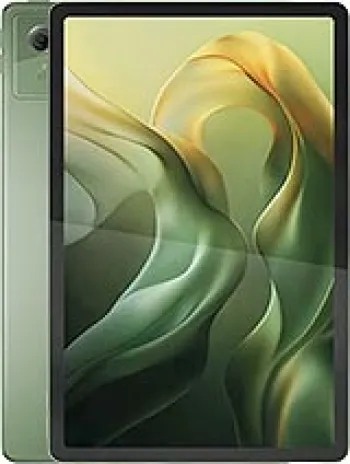
Introduction to Motorola C450
The Motorola C450 was a pivotal feature phone introduced in the early 2000s, characterized by its basic functionalities typical of the era. As a representation of early mobile technology, this device embodies the transition from basic cell phones to more advanced feature phones. Discontinued now, the C450 offers insights into the mobile telecommunication landscape of its time.
Network and Connectivity
The Motorola C450 operated within the GSM network technology, supporting GSM 900 and 1800 bands. Despite its then-advance, the device was quite limited by today’s standards. It had GPRS Class 8 for data transmission, but did not support EDGE technology. Connectivity through WLAN or Bluetooth was non-existent, reflecting the focus on traditional phone capabilities over wireless connectivity.
Body and Design
The design of Motorola C450 is compact and minimalistic. With dimensions of 98 x 43 x 17 mm and a weight of 85 grams, it was a lightweight device that could easily fit in the palm of your hand or a pocket. It featured a mini-SIM slot, which was standard for phones at that time.
Display
The display of the C450 was quite simple, using a CSTN screen technology that supported 4096 colors. The screen resolution was 96 x 65 pixels, accommodating up to 5 lines of text in a 3:2 aspect ratio. This limited color and resolution capacity meant that the display was primarily useful for basic text and simple graphics.
Memory and Storage
With an internal memory of just 1 MB and no card slot for expanded storage, the Motorola C450 offered very modest storage capabilities. It supported up to 100 phonebook entries and allowed for photo calls, a rudimentary precursor to modern smartphone features. As for call records, it could store the last 10 dialed and 5 received and missed calls each.
Sound
Audio functionality was basic; there was no loudspeaker or 3.5mm headphone jack, indicative of the phone's more utilitarian design. Alert types included vibration and downloadable polyphonic ringtones, which could be composed directly on the device, a popular feature at the time.
Communication Features
Communications on the C450 were limited to basic services, like SMS, EMS, and MMS for messaging. It had a WAP 2.0/xHTML browser, which meant that internet browsing capabilities were restricted to very basic text and graphic sites. Its Java support allowed for some downloadable applications and games, further enhancing its utility as a feature phone.
Battery and Performance
The C450 was powered by a removable Li-Ion 600 mAh battery, providing up to 280 hours of standby time and up to 6 hours of talk time. This battery life was considered adequate for regular daily use, given the limited functionality and power requirements of the device.
Additional Features
There are a few more aspects of the Motorola C450 that made it an interesting device in its time. It was available in light blue and dark pearl grey color options. It also featured a few embedded games, such as Kick Champions and Mahki, with additional Java downloadable games to enhance user engagement.
Conclusion
The Motorola C450, while simplistic by today’s standards, offered a glimpse of the early mobile technology experience. Its basic features and user-friendly design contributed to its appeal at the time of its release. Understanding these limitations, along with the technologies utilized, helps appreciate the rapid advancements in mobile technology over the years.
Key Features of Motorola C450
- GSM technology with support for 2G bands (GSM 900 / 1800)
- Compact and lightweight body with dimensions of 98 x 43 x 17 mm and weight of 85 g
- Color display with CSTN screen supporting 4096 colors
- Phonebook capacity of 100 entries with photo call feature
- SMS, EMS, and MMS messaging capabilities
- WAP 2.0/xHTML browser for internet access
- Java support with two preloaded games and the ability to download more
- Removable Li-Ion 600 mAh battery with up to 280 hours of standby time and up to 6 hours of talk time
- Available in Light Blue and Dark Pearl Grey colors
Disadvantages of Motorola C450
- Lacks EDGE support for faster internet connectivity.
- Display limited to 4096 colors, which is low by modern standards.
- No camera available on the device.
- Limited internal memory of only 1MB with no card slot for expansion.
- No loudspeaker or 3.5mm audio jack for audio playback.
- Absence of Bluetooth and WLAN for wireless connectivity.
- No built-in radio feature included.
- Uses a proprietary USB connection instead of a standard one.

View Also
More Phones
All Rights Reserved +14266 Phones © Mobilawy 2025

























